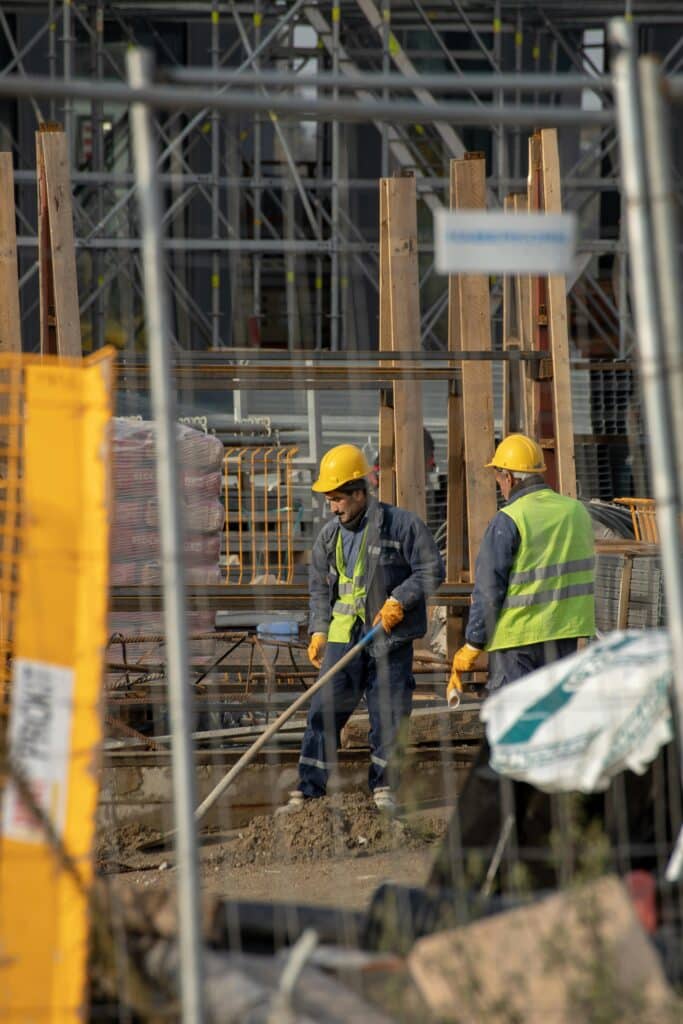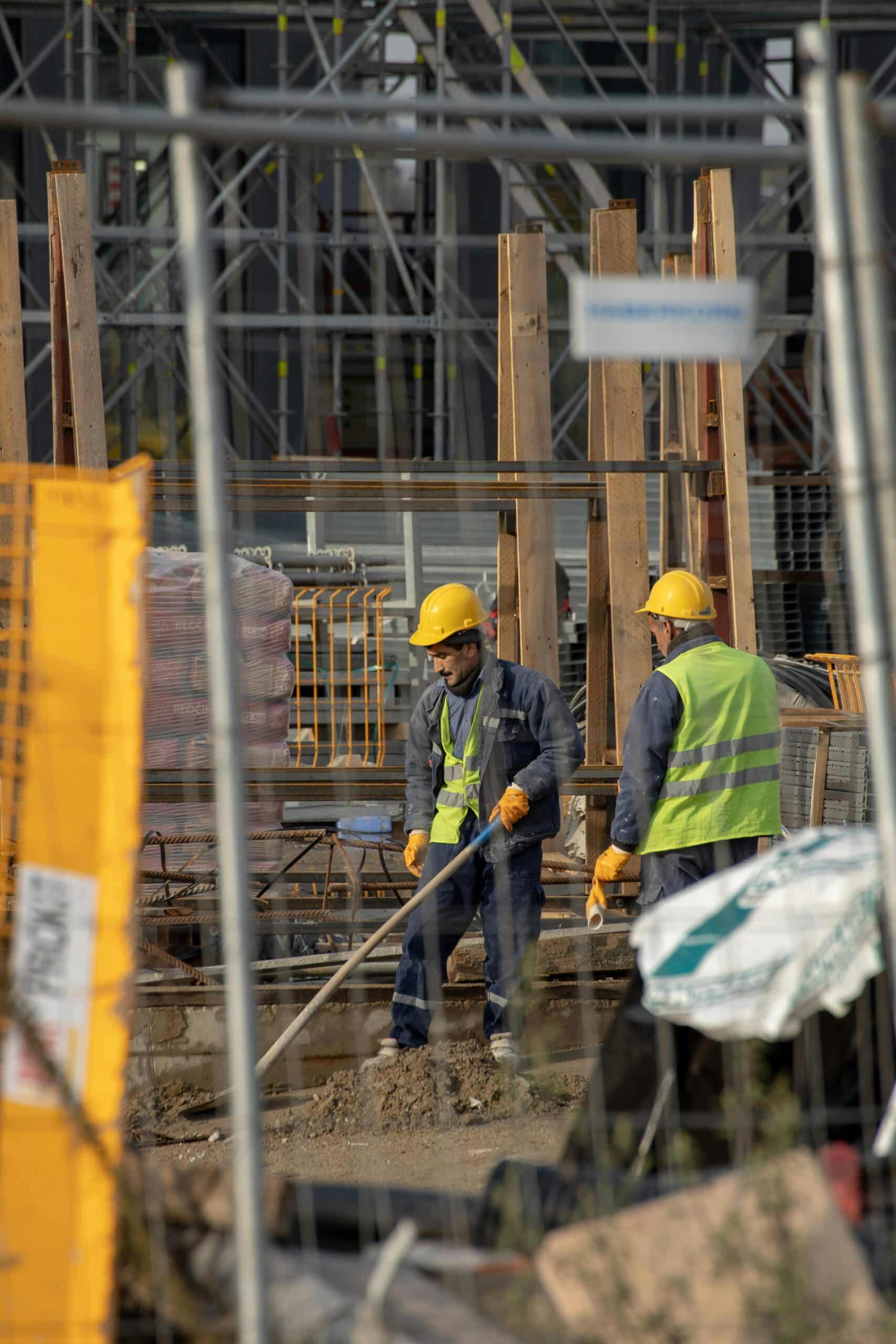Contents
What is the Security of Payments Act 1999 (NSW)?
The Building and Construction Industry (Security of Payments) Act 1999 (NSW) – often referred to as the Security of Payments Act – was introduced in New South Wales (NSW) to ensure that contractors and subcontractors in the building and construction industry receive timely and fair payments for the work they perform. The Act provides a legal framework that simplifies and speeds up the process of resolving payment disputes, making it an essential tool for those working in the sector. Below, we delve into the key aspects of the Act, and how it benefits those in the industry.

Purpose of the Security of Payments Act
The primary objective of the Security of Payments Act is to prevent contractors and subcontractors from experiencing financial hardship due to delayed payments. In an industry where cash flow is critical, late or withheld payments can significantly impact the ability to continue work and pay workers and suppliers. The Act is designed to:
- Ensure Prompt Payment: It requires that payments for construction work are made in a timely manner, providing a clear process for contractors and subcontractors to claim payments.
- Reduce Disputes: It offers a simplified, efficient process for resolving payment disputes through adjudication, reducing the need for lengthy legal proceedings.
- Protect Cash Flow: By providing a mechanism for faster resolution of payment disputes, the Act helps maintain cash flow for those involved in construction projects.
Who Does the Security of Payments Act Apply To?
The Security of Payments Act applies to any construction contract related to construction work in NSW, whether the contract is written or verbal, and whether it’s for residential, commercial, or infrastructure projects. The Act covers a wide range of participants in the building and construction industry, including:
- Contractors
- Subcontractors
- Suppliers
- Consultants (e.g., engineers, architects)
The Act applies to most types of building work, including the construction, alteration, maintenance, repair, or demolition of buildings and structures. Importantly, it covers both construction contracts and supply contracts for goods and services related to construction work.
Key Provisions of the Security of Payments Act
Several key provisions are built into the Security of Payments Act to ensure that those involved in construction projects are paid fairly and on time.
a. Progress Payments
The Act ensures that contractors and subcontractors are entitled to progress payments for work completed on a project. Payments should be made at regular intervals, based on the value of the work completed. This is especially important on larger projects that can span months or years.
- Payment Claims: Contractors and subcontractors can submit a payment claim for work completed. A payment claim can be made at any time after the work is completed or services are provided, but it must be submitted in writing.
- Payment Schedules: Once a payment claim is submitted, the person receiving the work (typically the principal contractor or employer) must respond with a payment schedule, outlining the amount they are willing to pay, or provide reasons for withholding any payment.
b. Adjudication Process
If a payment dispute arises, the Security of Payments Act provides an adjudication process that helps resolve the matter quickly. Adjudication is a faster and more affordable alternative to taking legal action. Here’s how it works:
- A party who disagrees with a payment claim or schedule can initiate adjudication.
- A qualified adjudicator will review the claim, payment schedule, and any supporting evidence, then make a binding determination regarding the amount owed.
Adjudication must be completed within 10-15 business days, ensuring swift resolution of disputes.
c. Time Limits and Deadlines
The Act includes strict time limits to ensure that disputes are resolved promptly and that payments are made within a reasonable timeframe:
- A claimant (the contractor or subcontractor) must submit their payment claim within the agreed-upon period under the contract, or if no period is specified, within the statutory timeframe.
- The payer must issue a payment schedule within 10 business days after receiving the payment claim.
- If no payment schedule is provided or if the payer does not pay the scheduled amount, the claimant may start the adjudication process.
Benefits of the Security of Payments Act for Contractors and Subcontractors
The Security of Payments Act offers numerous benefits to contractors and subcontractors, which are essential in a high-risk, high-pressure industry:
- Quick Access to Funds: The Act’s progress payment and adjudication processes help ensure that contractors and subcontractors get paid more quickly, which is vital for maintaining operations and covering costs.
- Reduced Risk of Non-Payment: The Act significantly reduces the risk of non-payment or delayed payments, a common issue in the construction industry.
- Streamlined Dispute Resolution: Instead of going through expensive and lengthy litigation, contractors and subcontractors can resolve payment disputes more efficiently through adjudication.
- Fairer Contracts: The Act encourages transparency in payment practices, requiring contractors and employers to follow clear procedures for payment claims and responses.
Enforcing Payment Claims under the Security of Payments Act
Under the Act, if a payment dispute arises and is not resolved through adjudication, the claimant may enforce the adjudicator’s decision through the courts. This process can be initiated without delay, which provides security for contractors and subcontractors that the adjudicated decision will be honoured.
Additionally, failure to pay an adjudicated amount can lead to a statutory lien on the construction project, meaning that the contractor or subcontractor has a legal right to seek payment from the principal contractor or employer.
Conclusion
The Building and Construction Industry (Security of Payments) Act 1999 (NSW) has proven to be a crucial piece of legislation for ensuring that those in the building and construction industry are paid fairly and on time. It offers contractors, subcontractors, and suppliers a streamlined, transparent process for resolving payment disputes, helping to maintain cash flow and avoid financial hardship.
Whether you’re a contractor, subcontractor, or business owner in the construction industry, understanding the provisions of the Act is essential to protecting your rights and ensuring that payment disputes are handled quickly and effectively. By following the legal procedures outlined in the Act, parties can avoid costly delays and ensure that construction projects move forward smoothly, with fair compensation for all involved.




